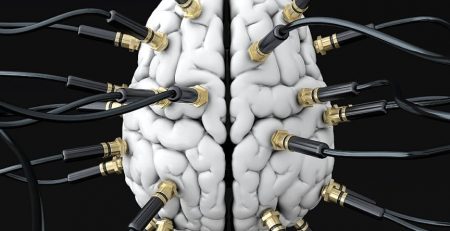Even Short Bursts of Exercise Found to Boost Health
A new study, published in the journal Circulation , has “found that short bursts of exercise could improve health significantly by altering the body’s level of metabolites,” IFLScience.com reports. Metabolites are substances formed in or necessary for metabolism and have various functions, including fuel, structure, signaling, and more.
A team of researchers from Massachusetts General Hospital (MGH) drew on research from the Framingham Heart Study and examined the levels of 588 circulating metabolites in 411 middle-aged men and women both before and immediately after doing 12 minutes of vigorous exercise. The researchers found this exercise impacted more than 80% of circulating metabolites, including pathways linked to a wide range of favorable health outcomes.
“Much is known about the effects of exercise on cardiac, vascular and inflammatory systems of the body, but our study provides a comprehensive look at the metabolic impact of exercise by linking specific metabolic pathways to exercise response variables and long-term health outcomes,” section head of Heart Failure at MGH and senior author of the study Gregory Lewis, MD, said in a statement. “What was striking to us was the effects a brief bout of exercise can have on the circulating levels of metabolites that govern such key bodily functions as insulin resistance, oxidative stress, vascular reactivity, inflammation and longevity.”
The team’s findings also revealed that gender and measurements of body mass also impacted the ratio of metabolites, “with obesity possibly conferring partial resistance to the benefits of exercise.”
“Intriguingly, our study found that different metabolites tracked with different physiologic responses to exercise, and might therefore provide unique signatures in the bloodstream that reveal if a person is physically fit, much the way current blood tests determine how well the kidney and liver are functioning,” co-first author Matthew Nayor, MD, MPH, with the Heart Failure and Transplantation Section in the Division of Cardiology at MGH said in a statement.
Because this research reveals insights into the molecular underpinnings that influence the effect exercise has on the body, it can potentially aid health workers “in establishing how to best target patients who exhibit a number of metabolic risk factors such as heart disease or diabetes and better inform clinicians on the best treatment plans for these patients to secure a healthier future,” Rachael Funnell writes.














